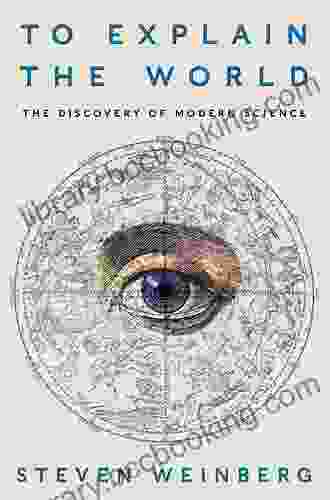Unveiling the Secrets: The Discovery of Modern Science

4.2 out of 5
| Language | : | English |
| File size | : | 3220 KB |
| Text-to-Speech | : | Enabled |
| Screen Reader | : | Supported |
| Enhanced typesetting | : | Enabled |
| Word Wise | : | Enabled |
| Print length | : | 437 pages |
In the tapestry of human history, the discovery and advancement of modern science stands as a testament to the boundless curiosity and ingenuity of our species. It is a story filled with groundbreaking discoveries, visionary minds, and pivotal events that forever changed our understanding of the universe.
In this captivating book, "The Discovery of Modern Science," we embark on an extraordinary journey through the transformative moments that shaped the very foundations of our scientific knowledge. From the ancient Greeks who first pondered the nature of matter and the heavens, to the Renaissance thinkers who challenged centuries-old dogma, we trace the evolution of scientific thought and practice.
The Dawn of Astronomy
Our journey begins in the realm of astronomy, where the ancient Babylonians and Egyptians made remarkable observations of the night sky. Their meticulous records of celestial movements laid the groundwork for later astronomers like Ptolemy, who developed complex models to explain the apparent motion of the planets.
However, it was the visionary Polish mathematician Nicolaus Copernicus who shattered the prevailing geocentric view of the cosmos. In his groundbreaking work, "De Revolutionibus Orbium Coelestium," Copernicus proposed that the sun, not the Earth, stood at the center of our solar system. This heliocentric theory, initially met with skepticism, would ultimately revolutionize our understanding of the universe.
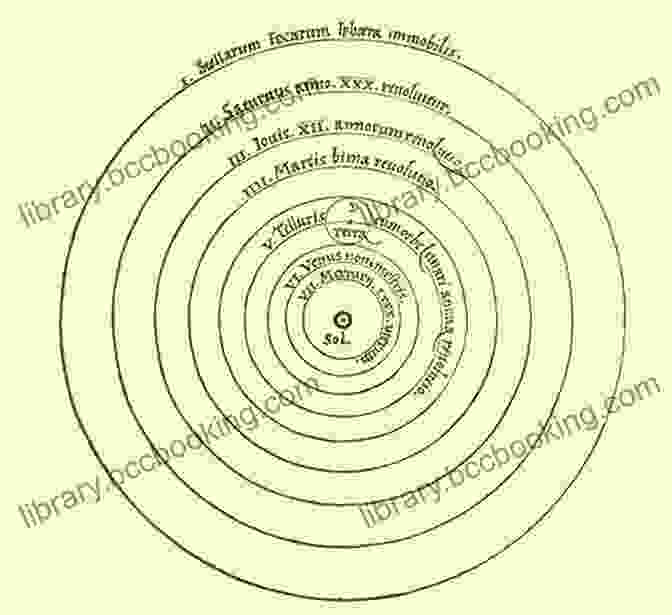
The Scientific Revolution
In the 16th and 17th centuries, a profound shift occurred in scientific thought, marking the dawn of the Scientific Revolution. The invention of the telescope and microscope opened up new realms of observation, allowing scientists to delve into the intricacies of the natural world with unprecedented accuracy.
Among the towering figures of this era stands Galileo Galilei, whose experiments on motion and gravity laid the foundation for classical physics. Johannes Kepler, guided by his extensive observations of planetary motion, formulated his famous laws that described the elliptical orbits of the planets. And Sir Isaac Newton, building on the work of his predecessors, developed the universal laws of motion and gravitation, unifying the celestial and terrestrial worlds.
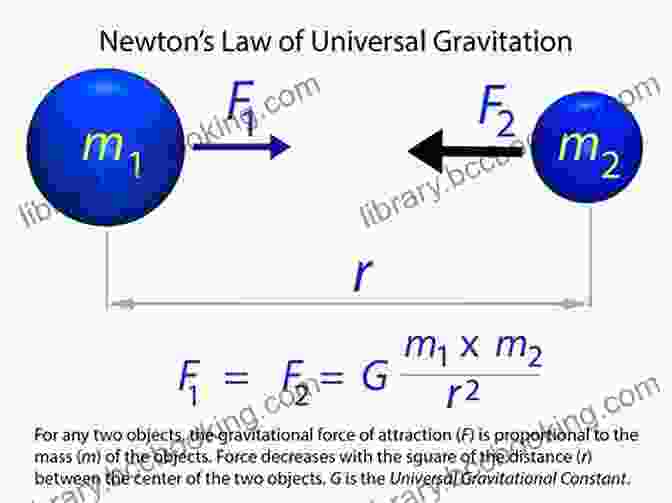
The Rise of Chemistry
Chemistry, the study of the composition and properties of matter, emerged as a distinct discipline in the 18th century. Antoine Lavoisier, known as the "father of modern chemistry," conducted groundbreaking experiments that led to the discovery of oxygen and the law of conservation of mass. His rigorous approach and emphasis on quantitative measurement transformed the field, laying the groundwork for the atomic theory of matter.
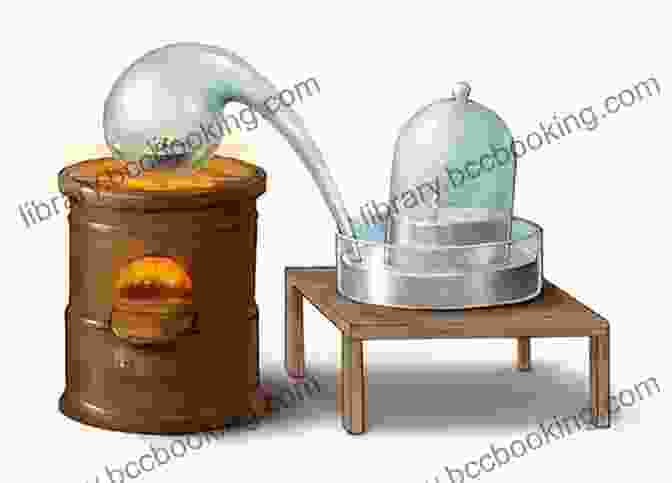
The Age of Biology
The 19th century witnessed an explosion of knowledge in the biological sciences. Charles Darwin's theory of evolution by natural selection revolutionized our understanding of the diversity of life on Earth. The discoveries of Gregor Mendel on heredity and the pioneering work of Louis Pasteur on microorganisms paved the way for modern genetics and microbiology.
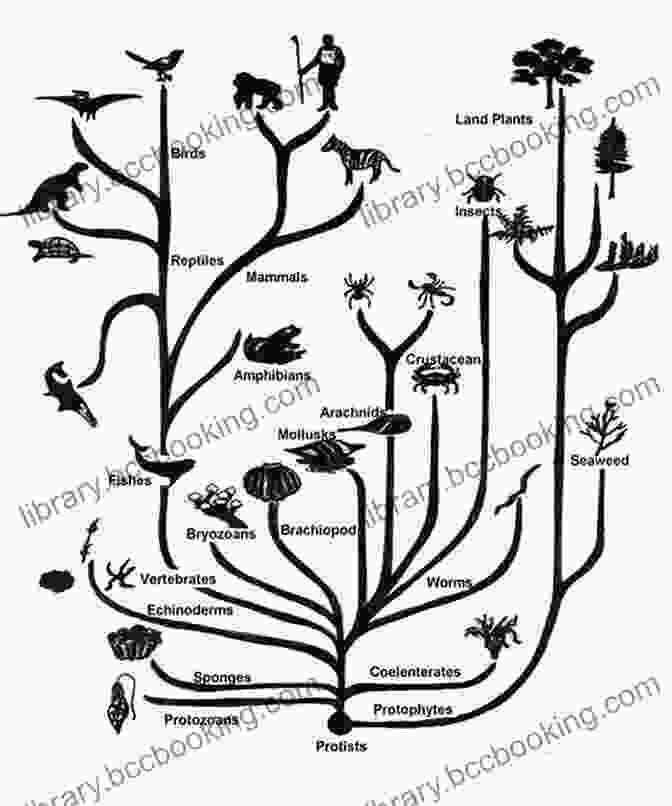
The 20th Century: A Revolution in Physics
The 20th century marked a period of unprecedented scientific progress, particularly in the field of physics. Albert Einstein's theory of relativity transformed our understanding of space, time, and gravity, while quantum mechanics揭示了 matter and energy at the atomic and subatomic levels. The development of nuclear energy and the invention of the transistor ushered in a new era of technological advancements.
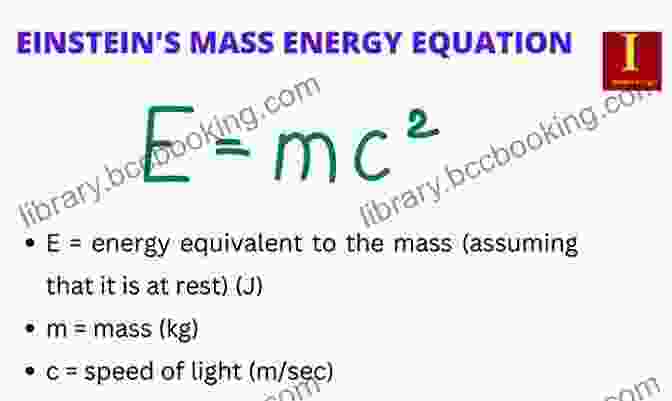
The Scientific Method: A Cornerstone of Modern Science
Underlying all scientific discoveries is the scientific method, a systematic approach to investigating the natural world. It involves formulating hypotheses, conducting experiments, collecting data, and drawing s. The scientific method provides a rigorous framework for testing and refining our understanding of the universe, ensuring that scientific knowledge is based on evidence and reason.
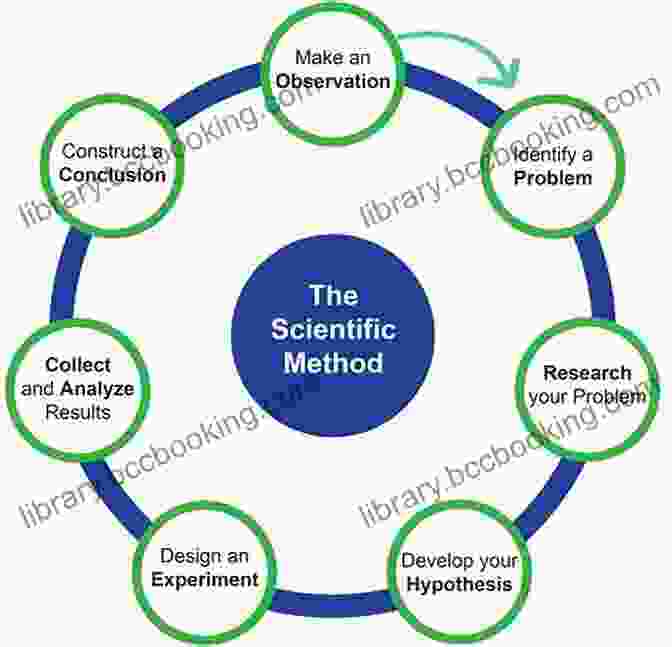
The Legacy of Modern Science
The discovery of modern science has had a profound impact on our lives. It has not only expanded our knowledge of the universe but has also led to countless technological advancements that have transformed our world. From the marvels of space exploration to the life-saving advancements in medicine, the fruits of scientific inquiry have touched every aspect of modern society.
However, the pursuit of scientific knowledge is an ongoing endeavor. As we delve deeper into the mysteries of the universe, new discoveries continue to emerge, challenging our understanding and pushing the boundaries of human knowledge. The legacy of modern science is one of continual exploration, innovation, and the unwavering quest for truth.
4.2 out of 5
| Language | : | English |
| File size | : | 3220 KB |
| Text-to-Speech | : | Enabled |
| Screen Reader | : | Supported |
| Enhanced typesetting | : | Enabled |
| Word Wise | : | Enabled |
| Print length | : | 437 pages |
Do you want to contribute by writing guest posts on this blog?
Please contact us and send us a resume of previous articles that you have written.
 Book
Book Novel
Novel Page
Page Chapter
Chapter Text
Text Story
Story Genre
Genre Reader
Reader Library
Library Paperback
Paperback E-book
E-book Magazine
Magazine Newspaper
Newspaper Paragraph
Paragraph Sentence
Sentence Bookmark
Bookmark Shelf
Shelf Glossary
Glossary Bibliography
Bibliography Foreword
Foreword Preface
Preface Synopsis
Synopsis Annotation
Annotation Footnote
Footnote Manuscript
Manuscript Scroll
Scroll Codex
Codex Tome
Tome Bestseller
Bestseller Classics
Classics Library card
Library card Narrative
Narrative Biography
Biography Autobiography
Autobiography Memoir
Memoir Reference
Reference Encyclopedia
Encyclopedia Mary Kay Andrews
Mary Kay Andrews Jill Fredston
Jill Fredston Sadie Gardner
Sadie Gardner Parnaz Foroutan
Parnaz Foroutan Kristina Harris
Kristina Harris Melissa Kalinowski
Melissa Kalinowski Zen Lylah
Zen Lylah Michael Pedretti
Michael Pedretti Ruskin Bond
Ruskin Bond Laurent Bolard
Laurent Bolard Lois E Letchford
Lois E Letchford Tim Clissold
Tim Clissold Thomas Oflaherty
Thomas Oflaherty Nicholas G Pirounakis
Nicholas G Pirounakis Rick Mcintyre
Rick Mcintyre Leslie Evans
Leslie Evans Raymond M Smullyan
Raymond M Smullyan National Geographic
National Geographic Michael Wisehart
Michael Wisehart Matt Laney
Matt Laney
Light bulbAdvertise smarter! Our strategic ad space ensures maximum exposure. Reserve your spot today!

 Ismael HayesSmokin' in the Boys Room: An Unforgettable Journey of Friendship, Rebellion,...
Ismael HayesSmokin' in the Boys Room: An Unforgettable Journey of Friendship, Rebellion,...
 Gabriel HayesComplicate Deliver: A Game-Changer for Navigating Complexity in Business and...
Gabriel HayesComplicate Deliver: A Game-Changer for Navigating Complexity in Business and... Fernando BellFollow ·4.4k
Fernando BellFollow ·4.4k Carson BlairFollow ·15.2k
Carson BlairFollow ·15.2k Mike HayesFollow ·8.5k
Mike HayesFollow ·8.5k James GrayFollow ·13.5k
James GrayFollow ·13.5k Jackson BlairFollow ·9.1k
Jackson BlairFollow ·9.1k Yukio MishimaFollow ·12.4k
Yukio MishimaFollow ·12.4k Fletcher MitchellFollow ·2.8k
Fletcher MitchellFollow ·2.8k Ira CoxFollow ·3k
Ira CoxFollow ·3k

 Brian Bell
Brian BellExploring The Natural World Through Mindful Expressive...
Unleash the...

 David Baldacci
David BaldacciJourney into the Enigmatic World of "Grass" by Sheri S....
Prepare to be captivated by "Grass," a...
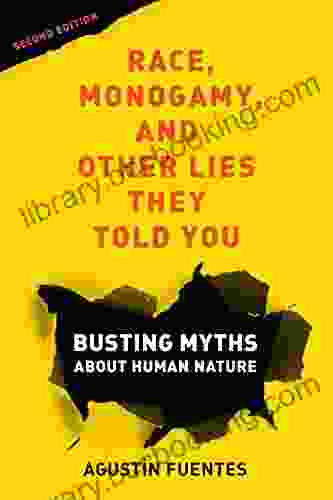
 Dashawn Hayes
Dashawn HayesBusting Myths About Human Nature: Unraveling the Complex...
Challenging the...

 Ernest Hemingway
Ernest HemingwayNotes on Suicide: A Profound Exploration of the...
Suicide, a taboo subject shrouded in...
4.2 out of 5
| Language | : | English |
| File size | : | 3220 KB |
| Text-to-Speech | : | Enabled |
| Screen Reader | : | Supported |
| Enhanced typesetting | : | Enabled |
| Word Wise | : | Enabled |
| Print length | : | 437 pages |


